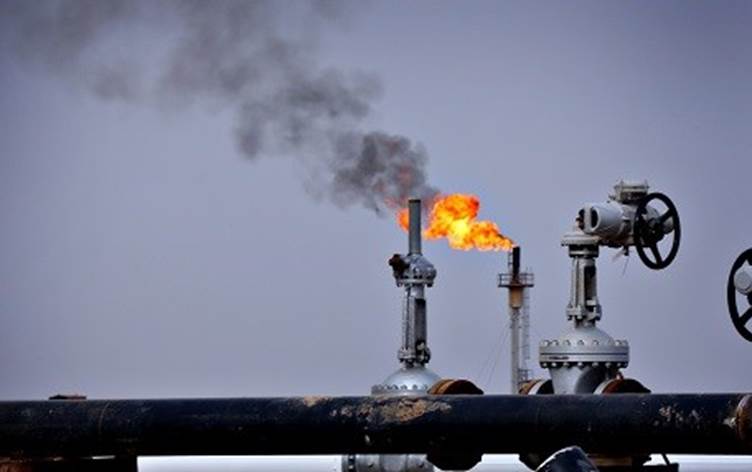Although oil traders haven't been able to locate the tanker using AIS ship tracking technology since the ship turned off its transponder over a week ago, AIS detected the ship’s location on Friday at approximately 300 miles off the Canadian coastal city of Halifax and approximately 600 miles off of the US coastal city of Boston as reported by The Financial Times.
Kurdistan's Minister of Natural Resources told Reuters Thursday that the Kurdish crude oil is not heading to the United States.
The Kurdistan Region has been developing its oil and gas sector for a more robust source of income especially after the Iraqi government of former PM Nouri al-Maliki cut the Region’s budget in 2014.
The Financial Times also reported on Friday that the Russian state-run oil firm Rosneft has entered talks with the Kurdish region to develop oil wells in the disputed areas, claimed both by Erbil and Baghdad, including Bai Hassan oil field in the oil-rich Kirkuk. The Russian firm signed a provisional agreement with the Kurdistan Region earlier in June to further exploration and marketing.
Rosneft declined to comment on the exact location of the fields under discussion, but did not deny it was considering working in territories whose ownership was disputed, the FT said.
Asked whether the blocks Rosneft may invest in could be located in the disputed areas, Kurdish Prime Minister Nechirvan Barzani said on June 6 that disputed areas no longer existed. He also said that Rosneft had chosen five blocks, but did not provide details about the locations, not ruling out the disputed areas, also called by the Kurdish government as the Kurdistani areas.
“We no longer have disputed areas," Barzani said then. "It has been a long time since these areas were liberated. And of course these areas have never been disputed areas. They are the Kurdistan Region and have been liberated by the blood of the martyrs and the Peshmerga. Any talk on this issue should not be like it used to be some years ago. I believe that Baghdad also understands this,” he said. “This has gone from our dictionary.”



Comments
Rudaw moderates all comments submitted on our website. We welcome comments which are relevant to the article and encourage further discussion about the issues that matter to you. We also welcome constructive criticism about Rudaw.
To be approved for publication, however, your comments must meet our community guidelines.
We will not tolerate the following: profanity, threats, personal attacks, vulgarity, abuse (such as sexism, racism, homophobia or xenophobia), or commercial or personal promotion.
Comments that do not meet our guidelines will be rejected. Comments are not edited – they are either approved or rejected.
Post a comment